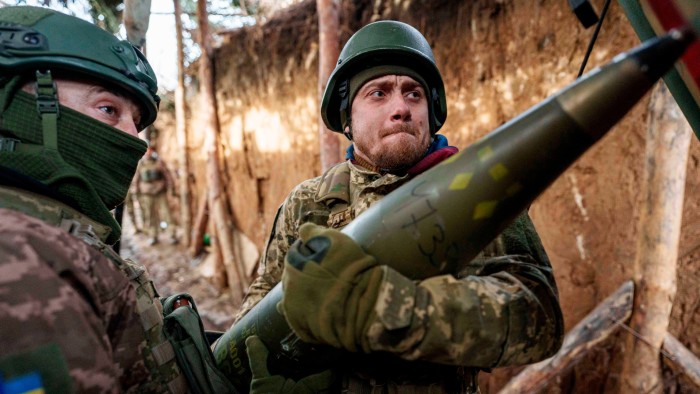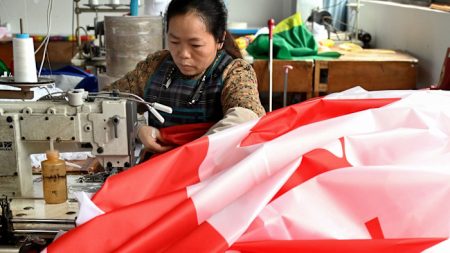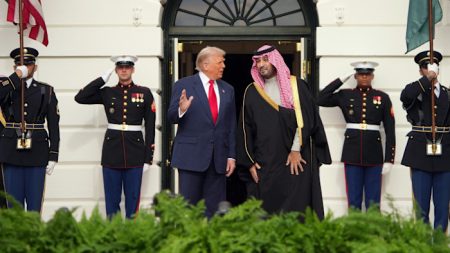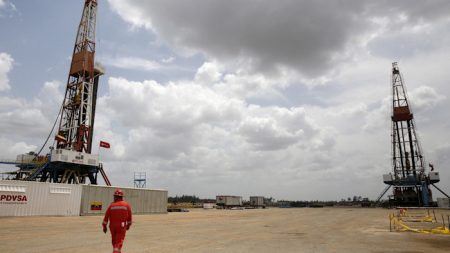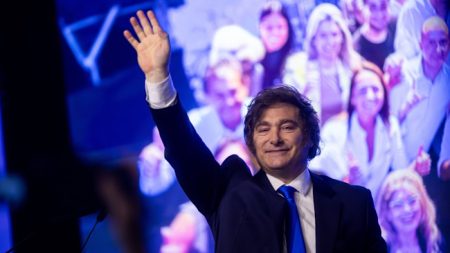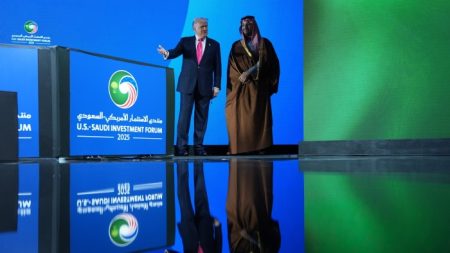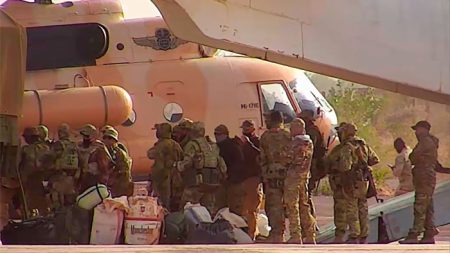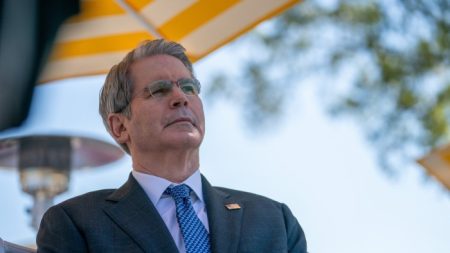Stay informed with free updates
Simply sign up to the War in Ukraine myFT Digest — delivered directly to your inbox.
A Prague-led international effort to buy ammunition for Ukraine has come under threat by the opposition party of Andrej Babiš, who is slated to make a political comeback in elections later this year.
The populist ANO party, which is leading in opinion polls ahead of the October vote, has pledged to put the ammunition initiative on hold if it returns to power.
“We have to stop the current way,” said Karel Havlíček, deputy leader of ANO, referring to the initiative being led by the Czech government rather than Nato.
Czech President Petr Pavel, a former Nato commander, last year announced that his government was coordinating purchases of artillery shells on international markets in order to help replenish Ukraine’s dwindling ammunition stockpiles and fight Russia’s invasion.
But Havlíček expressed doubts about the quality and price of shells. “We have information from the military sector that the quality is not ideal and that it is just extremely expensive,” he said.
Ukrainian officials and soldiers say the initiative helped plug an ammunition gap as their forces came under pressure from a renewed Russian offensive last year. There have been reports that a small portion of the shells were of poor quality and could not be used, but Kyiv was overall satisfied with the deliveries.
Ukraine’s foreign minister Andriy Sybiha last month thanked Prague for supplying “up to 80 per cent” of the shells promised in 2024. “If we manage to combine the Czech initiative and the quantities we found on our own, this will add confidence in supplying our soldiers on the frontline,” Sybiha told online newspaper European Pravda.
Czech deputy foreign minister Eduard Hulicius said the initiative succeeded in delivering 520,000 rounds of 155mm ammunition to Kyiv last year, and that another 300,000 shells would be delivered next.
Prague had initially aimed to send all the 800,000 rounds in 2024, but it struggled to raise funds and to purchase the entire amount in the face of fierce competition on international markets, including from Russia.
The Prague-based Czechoslovak Group, the largest ammunition supplier in central Europe, said it had met “almost all of its commitments”, citing “limited logistics capacity” as the main reason for delays in the transport to Ukraine.
But other industry leaders have said this was a stop-gap initiative due to shortcomings in Europe’s defence sector.
“The Czech ammunition initiative was an important political gesture . . . but it should not hide the fact that Europe cannot supply Ukraine with its own large-calibre ammunition and must rely on third countries,” said Kristýna Helm, vice-president of the Czech defence and security industry association.
Babiš is hoping to return to office after serving as prime minister until 2021.
The liberal government in Prague has warned that Babiš could turn his back on Ukraine and tighten links with pro-Kremlin leaders such as Hungary’s Viktor Orbán, Slovakia’s Robert Fico and Austria’s likely next chancellor, Herbert Kickl. Babiš’s ANO party was initially aligned with European liberals but last year joined Orbán’s far-right group in the EU assembly.
The opposition’s threat to suspend the ammunition initiative is like a doctor “cutting off a patient’s oxygen supply because there’s plenty of air in the atmosphere anyway”, Hulicius said.
But ANO’s Havlíček pointed that the debate could be rendered moot if US President Donald Trump secures a ceasefire with Russia.
“They have to start peace talks. The more we will prolong the conflict . . . the more the situation for Ukraine will get worse and worse,” Havlíček said. “When we will be in government, it will be the end of the war and should it not be the end, then it will be really bad for Ukraine.”
Last year Prague reached for the first time in two decades Nato’s target of spending 2 per cent of GDP on defence. But Trump wants the alliance to spend 5 per cent, a goal that neither the government nor the opposition in Prague is promising to meet.
“If President Trump said 5 per cent, I think he’s thinking 3 per cent, but that’s my point of view,” said Havlíček. “5 per cent is not realistic right now for the Czech Republic.”
Additional reporting by Christopher Miller in Kyiv
Read the full article here





